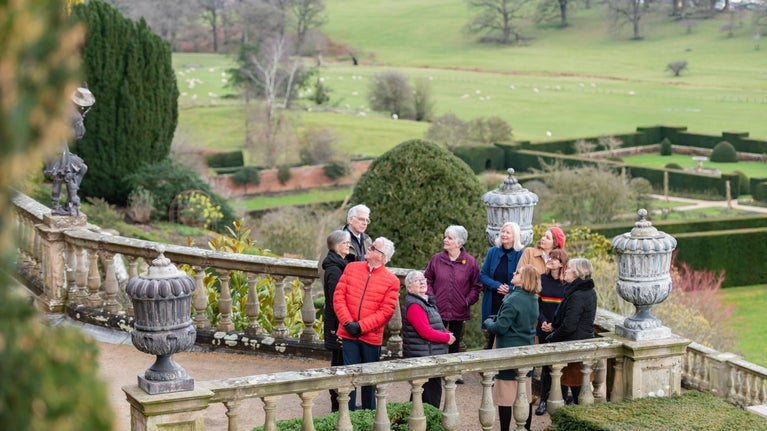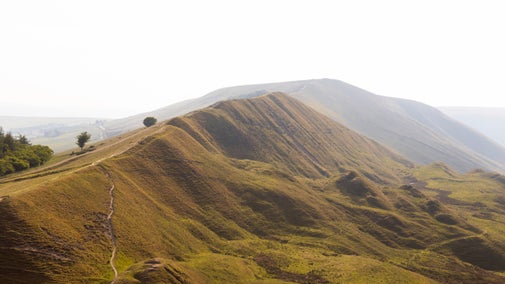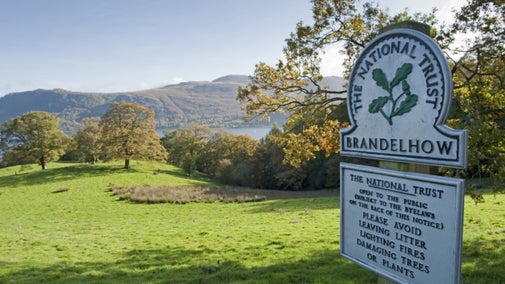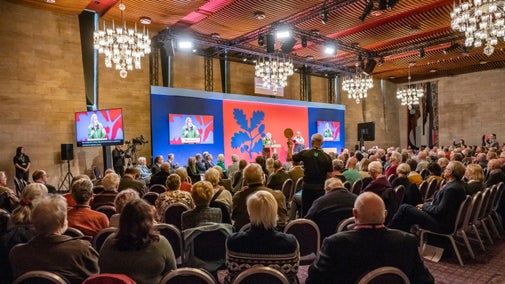
Metal detecting on National Trust land

Jump to
We don’t allow metal detecting on National Trust land unless it's part of a clearly defined archaeological project. Our metal detecting policy, and the conditions under which we might grant an Archaeological Research Agreement, are explained here.
Please note
These conditions apply to all National Trust land, including beaches.
Our view on metal detecting
Metal detecting is a popular hobby that can help increase our understanding of the past. We work with metal detecting clubs and individuals on research projects that can help us unearth finds in the places we manage, for future generations to appreciate and to increase our understanding of the places we look after.
When you can use a metal detector on National Trust land
To make sure metal detecting is carried out in a safe and responsible way, we do not grant ‘metal detecting licences’. We only allow metal detecting as part of a clearly defined archaeological project supported by a Research Design that sets out, among other things, the aims of the work and arrangements for the recording, conservation and archiving of any finds. Once the Research Design is agreed, the Trust will issue an Archaeological Research Agreement.
These conditions apply to everyone, whether they're members of metal detecting clubs, amateur archaeologists, students, academics, professional archaeological companies or private individuals. We take this approach as we believe it's the best way to continue looking after the special places in our care.
Why we have implemented this policy
We know that most metal detectorists have a genuine interest in history and archaeology, and take care to report their finds, but we need to guard against finds being removed without proper recording or archaeological supervision.
All National Trust land has archaeological potential and has been entrusted to our care for the benefit of everyone. When finds are taken out of context, we lose a piece of the jigsaw, making it harder for us to care for our archaeology and tell the stories of our places.
Archaeological Research Agreements
These are written agreements between the National Trust and metal detectorists or other archaeological researchers that give permission to metal detect on Trust land as part of a research project. We don't allow any metal detecting on our land without an Archaeological Research Agreement, even where it’s under the plough. To obtain an Agreement, applicants must work with a National Trust archaeologist to produce their Research Design.
Under exceptional circumstances, we might allow metal detecting as part of non-archaeological activities – for example, to locate underground services or for the recovery of lost personal objects. Whatever the reason for the work, however, detecting must always be under the supervision of a Trust archaeologist.

Only a National Trust archaeologist can issue an Archaeological Research Agreement. Other members of National Trust staff, tenants and farmers are not authorised to give permission to metal detect on Trust land.
Please note that in Northern Ireland, as well as meeting the above requirements, applicants will need to obtain a licence to excavate from the Historic Environment Division, Department for Communities. Holding this licence, however, does not guarantee that the Trust will subsequently grant an Archaeological Research Agreement.
For metal detecting on Scheduled Monuments, as well as an Archaeological Research Agreement, a Section 42 Licence will be required from Historic England, or Cadw in Wales. To metal detect on a Scheduled Monument without a Section 42 Licence is a criminal offence.
Finds and treasure
All finds, with the exception of ‘treasure’, remain the property of the National Trust. Under the Treasure Act 1996, anything that might be considered ‘treasure’ must be reported to the local coroner or Portable Antiquities Scheme (PAS) Finds Liaison Officer (FLO) within 14 days.
Metal detecting without an Archaeological Research Agreement
If you're seen to be metal detecting without the Agreement, you'll be asked to leave the property and we'll take action to reclaim any finds made on National Trust land. We'll report unauthorised metal detecting on Scheduled Monuments to the police.
Magnet fishing
Magnet fishing is not permitted on National Trust land or in National Trust watercourses.
Further information
We'll always consider genuine research proposals, so if you have a specific project in mind and would like to discuss the details of your Research Design, let us know where you want to do the work and we can put you in touch with the appropriate regional archaeologist.
Email us at metaldetecting@nationaltrust.org.uk

You might also be interested in
Archaeology
Archaeology reveals the stories of people and communities from the past. Find out about the Anglo-Saxon burial ground at Sutton Hoo in Suffolk, Chedworth Roman Villa in Gloucestershire and many other rich and diverse sites.

The history of the National Trust
Discover the history of the National Trust, from its foundation in the 19th century, through key projects, wartime and epidemics, to the modern day.

Follow the Countryside Code
Help to look after National Trust places by observing a few simple guidelines during your visit and following the Countryside Code.

Our position on trail hunting
Read our position on trail hunting and how to report incidents of trespassing on land in National Trust care.

Council
Find out how Council members are elected and how they make sure we’re delivering on our main responsibilities and tasks.

How we are run
Discover how the National Trust is run, how our governance arrangements are underpinned by Acts of Parliament and how they are designed to support and challenge our staff.

Land use and planning
Find out how the planning systems impacts the National Trust and how we advocate for the best outcomes for people, climate, nature and heritage.
